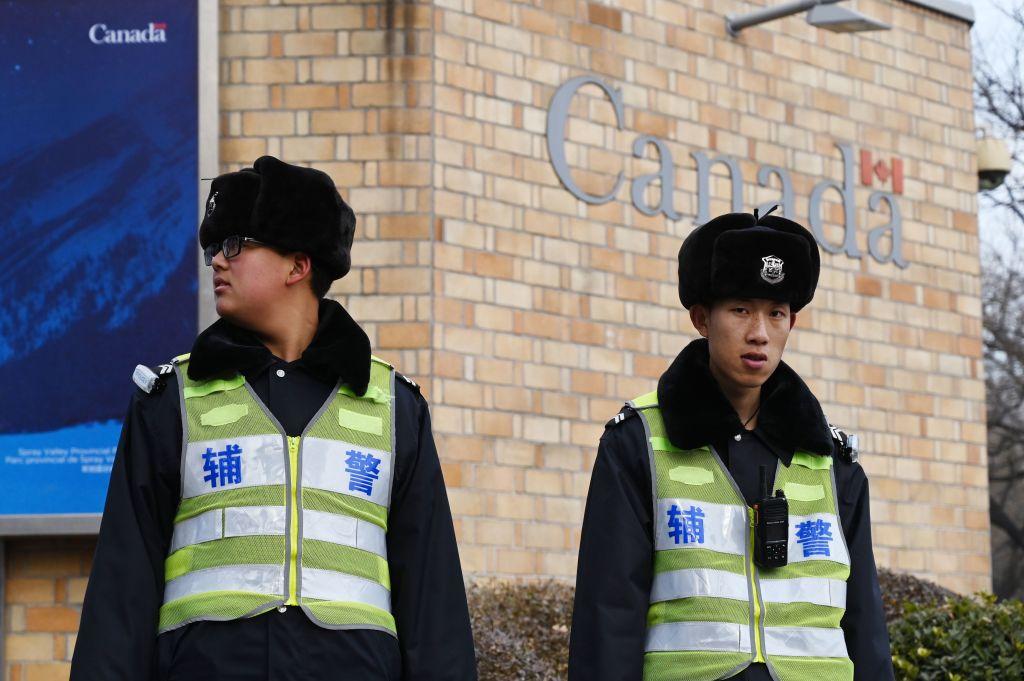An unofficial Chinese police station in Dublin removed its signage in recent days after the Irish government began questioning the local Chinese Embassy about the station’s activities. The development comes as reports about three similar stations in Canada are being investigated by the federal government.
The sign at the Dublin office read, “Fuzhou Police Overseas Service Station,” followed by “Dublin, Ireland.”





